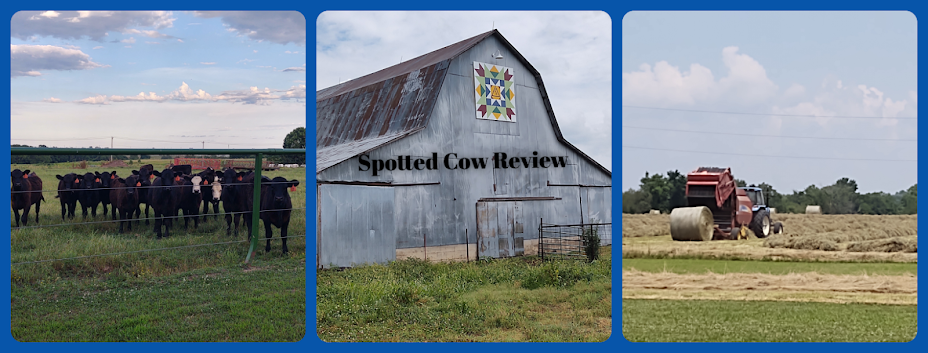It's easy to work every day on the dairy farm and take for granted how utilizing dairy science and technology allows us to produce a nutritious product with great efficiency. Last week when I was gathering cow information from one of our young employees, I noticed he was looking at the antique wall telephone hanging in our kitchen and comparing it to the cell phone he was holding in his hand. "Did they really use that phone?" he asked. I explained to him that this was the original phone used on our third generation farm in the early 1930's and was also the community phone used for emergencies by many neighbors. Telephone technology provides efficiency on the farm. We use our cell phones every day to record information with pictures and data and communicate with each other about farm activities. Our conversation then turned to how technology has improved dairy farming and our everyday life on the farm. When our farm was established in the late 1920's, there was no electricity,no telephone,a few cows were milked by hand, and apple crops went to market by a wagon pulled by a team of mules. That phrase,"you've come a long way,baby"--keeps coming to mind!
Efficiency is one of the core elements of sustainability on any farm. Today's dairy farmers are producing almost three times more milk with about half the number of cows compared to 1960. Improved genetics, feed and management have enabled dairy farms to become more efficient and productive. Efficiency-enhancing technologies also reduce resource usage on the farm. Compared to 1944, producing a gallon of milk today uses 65% less water,uses 90% less land, produces 76% less manure, and has decreased the carbon footprint by 63%.(Capper,J.,Cady,R. and Bauman,D. 2009."The environmental impact of dairy production:1944 compared with 2007".J.Anim.Sci.87:2160-2167.) You can find more information about sustainability and dairy farming at
http://www.midwestdairy.com/.
Thank goodness today we have cell phones, electricity, milk in a milk parlor with electric milking machines,cool the milk in a refrigerated tank and have tractors and equipment to feed our three hundred dairy cows every day. It's hard for me to imagine not having all these necessities that my mother-in-law considered a convenience!
Our commitment to producing high quality milk on our family dairy farm includes caring for our dairy animals and protecting our natural resources by using sound science and technology for the greatest efficiencies.



.jpg)
